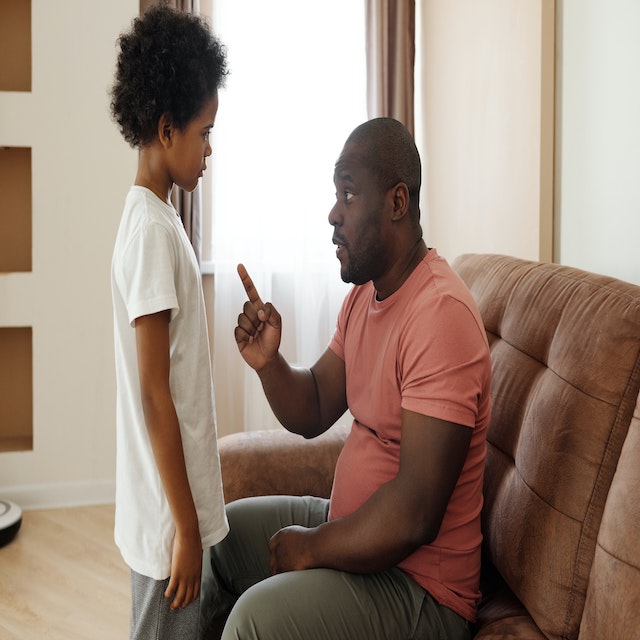Why Do I Feel Guilty?
Understanding guilt in kids—especially teenagers—is essential in helping them navigate their emotional growth. Teens silently struggle with weight issues, unmet goals, peer pressure, social expectations, and parental dynamics. When they don’t feel “enough” or when they believe they’ve disappointed someone, guilt builds. If parents recognize and validate these struggles, they can offer support rather than unknowingly deepening the emotional wounds.
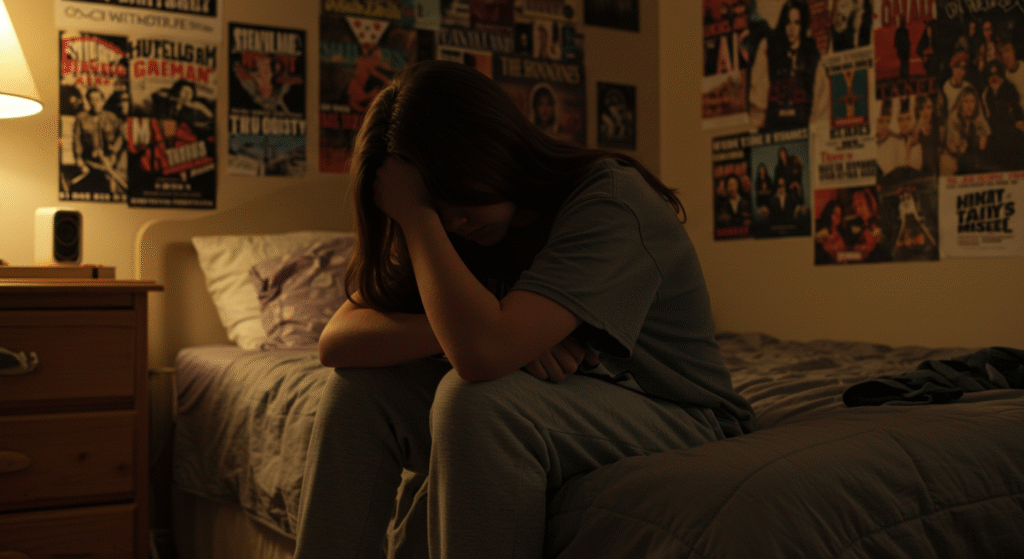
Understand Guilt
Let’s start with the definition: Guilt is the belief that you’ve caused harm or disappointment to someone else. It can stem from behavior, thoughts, or emotions that a teen deems “wrong” or “bad.” While guilt can encourage accountability, it often becomes a heavy burden—especially when it’s tied to unrealistic expectations or misunderstood actions. Parents who are caring but overly controlling may inadvertently amplify this feeling in their children.
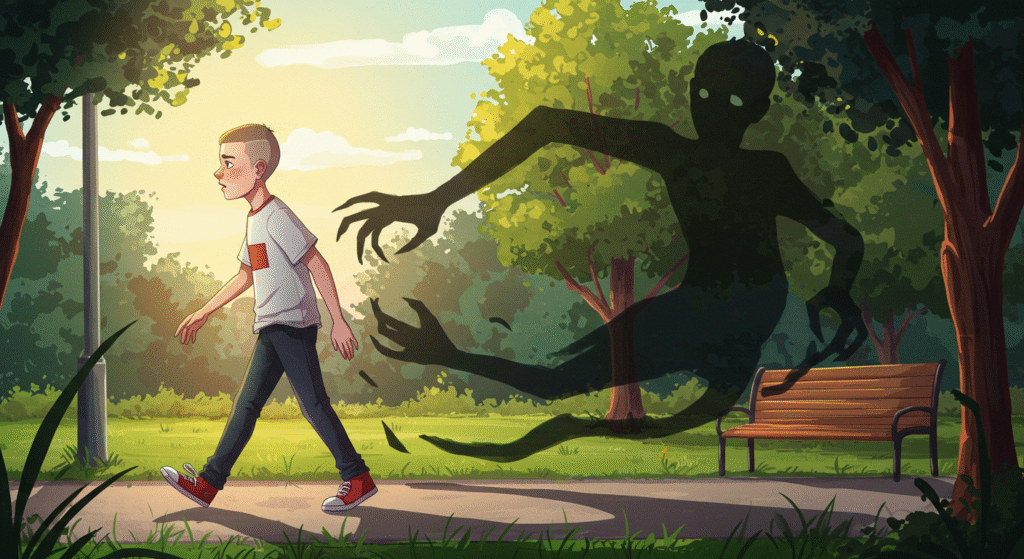
Overprotective Parenting and Internalized Guilt
Now imagine this: every time your child plays, laughs loudly, or takes a risk, you react with fear. Over time, your teen will begin to associate their joy with your discomfort. That’s a guilt trap. They may stop doing things that bring them joy to protect you—falsely believing they’re causing you harm. This can deeply affect their development and create a cycle of fear and people-pleasing.
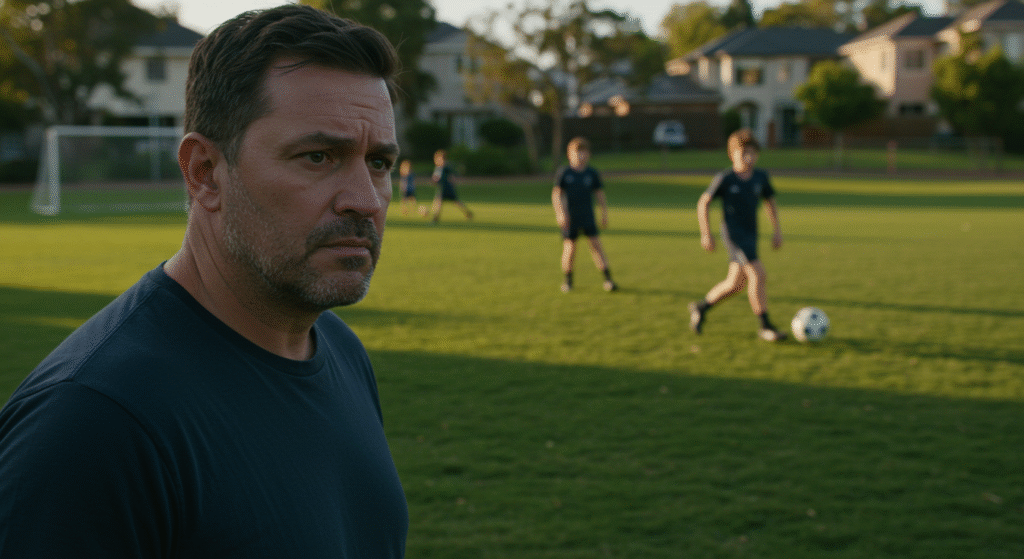
Long-Term Emotional Impact
Kids who grow up feeling guilty for simply being themselves often carry those emotions into adulthood. If a child absorbs constant anxiety, disapproval, or micromanagement, they learn that their choices and identity are a problem. Over time, this leads to resentment, low self-esteem, and sometimes rebellion. Guilt may seem like self-awareness, but without balance, it becomes toxic.
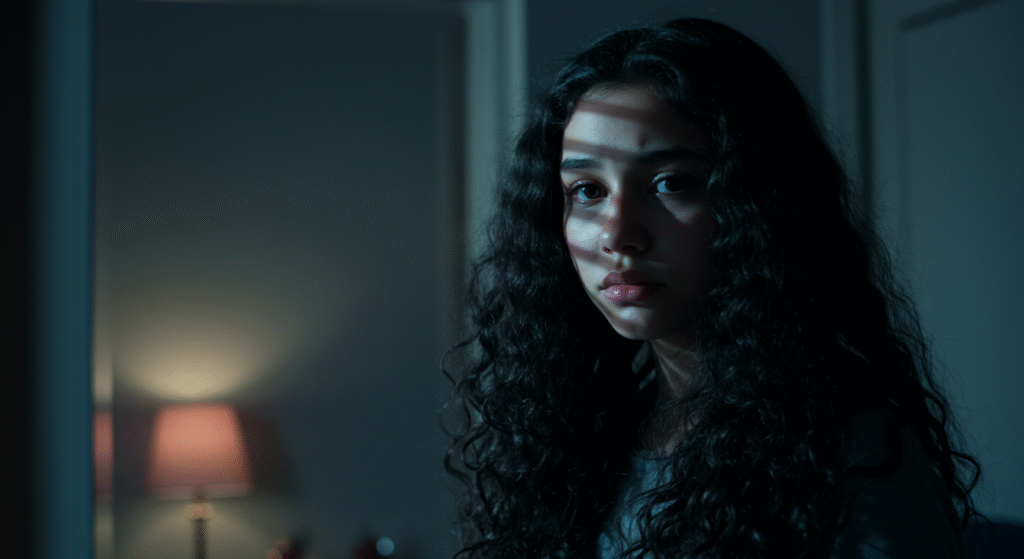
How Guilt Shows Up
Sound familiar?
- Feeling responsible for a parent’s unhappiness
- Guilt about pursuing personal dreams
- Resentment for suppressing authentic behaviors
- Defiance as protest—resulting in self-defeating behaviors
- Repeating family patterns despite promising not to
Teens may not articulate this, but they live it. And without emotional support, this guilt festers under the surface.
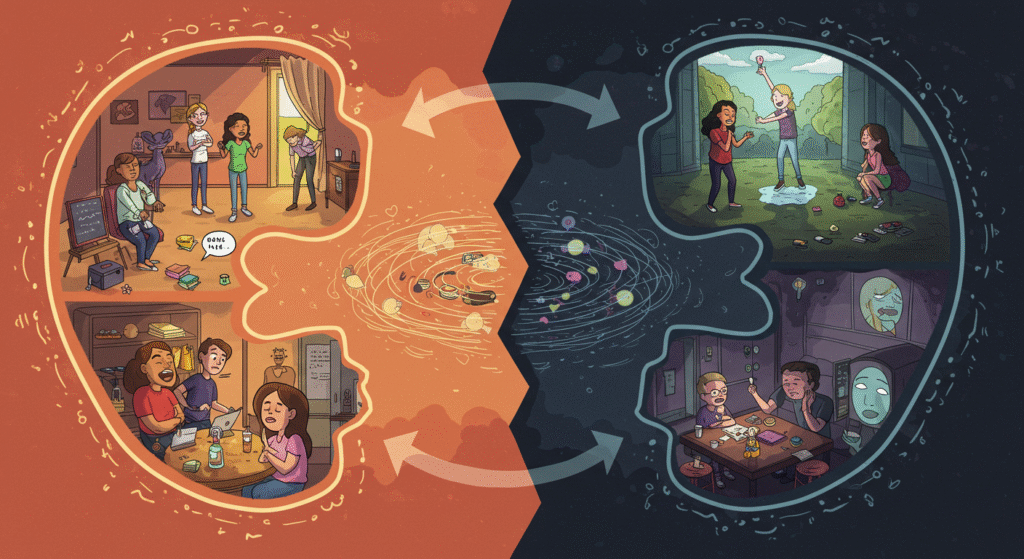
Understand Guilt in Teens
Here’s the truth—it’s not easy to break free from behaviors rooted in guilt. No amount of willpower alone can fix it. That’s why your teen may struggle even when they want to feel better. Therapy and emotional coaching help teens name these patterns, understand them, and develop healthier responses. Recognizing the weight of guilt is the first step to releasing it.
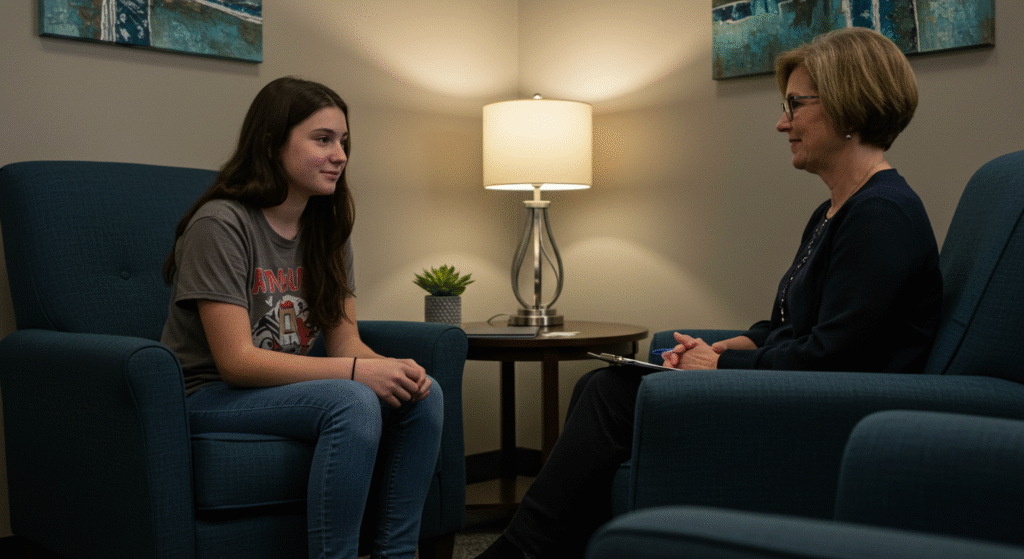
Moving Forward with Support
Change starts with understanding. A licensed therapist can help decode guilt in relatable language and set realistic action steps for both parent and child. Many therapists offer free initial consultations—don’t hesitate to reach out. The sooner guilt is addressed, the faster your teen can rebuild their confidence and reclaim emotional freedom.


